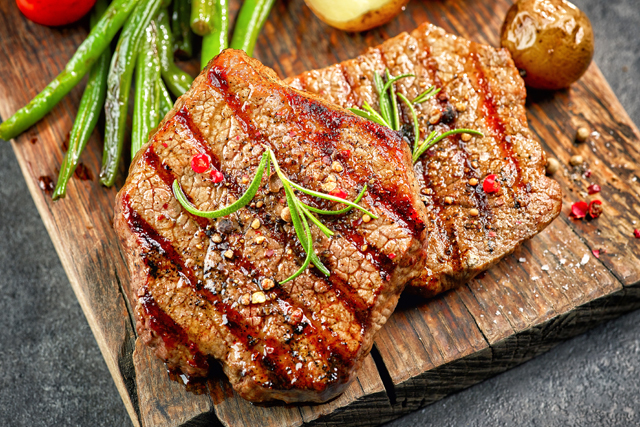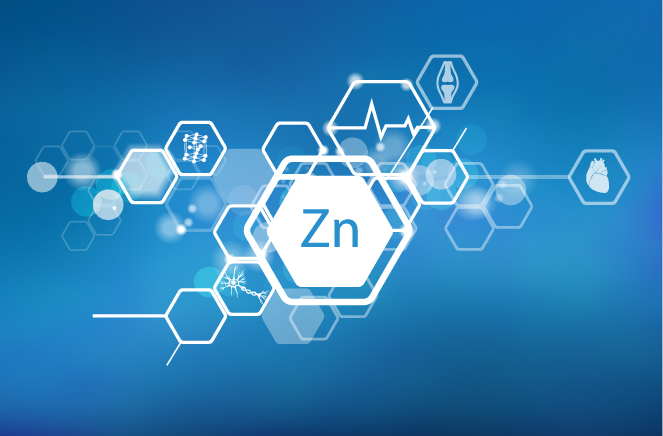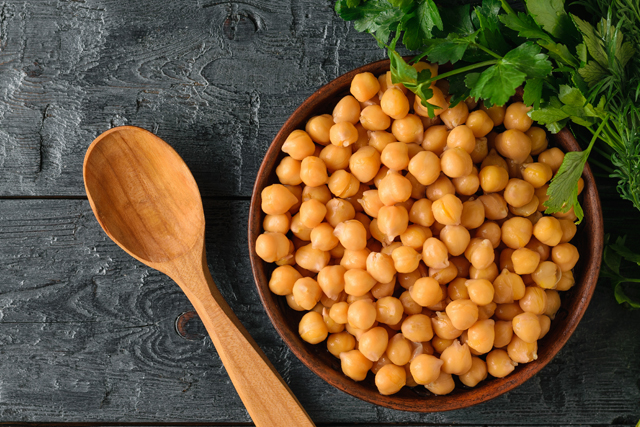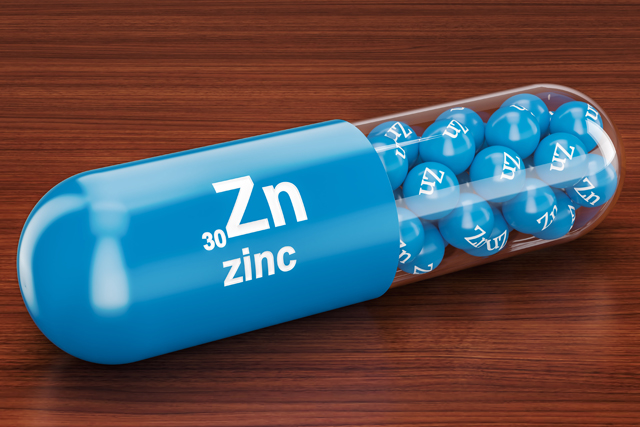Zinc is an immunity-boosting essential trace mineral that doesn’t usually get its fair share of attention compared to other vitamins and minerals.
Because the body does not naturally produce or store zinc, we need to eat foods high in zinc to get our daily intake. Fortunately, there are many delicious and nutritious foods that are high in zinc. The National Institutes of Health (NIH) recommend males over 14 and pregnant women take 11 mg of zinc a day, while females aged 14 and older should take 9mg, while women who are lactating should get 12 mg of zinc per day.
The Health Benefits of Zinc
Just like vitamin C, zinc plays an important role in immune function. We need zinc to activate T-lymphocytes. These are the cells that defend your body against toxins and foreign substances. People with a zinc deficiency have been known to be more susceptible to pneumonia and other infections. Further, researchers believe that zinc may reduce the duration and severity of common cold symptoms by suppressing inflammation and stopping rhinovirus binding and replication in the nasal mucosa. Some lozenges and cough syrups contain zinc for this reason.
This mineral also maintains proper wound healing. In fact, skin ulcers are often treated with zinc supplements since it helps maintain the integrity of mucosal and skin membranes.
Zinc also supports normal health and development in pregnancy, childhood, and adolescence. Cool fact: zinc is required for a normal sense of taste and smell. It’s involved in protein synthesis, DNA synthesis, and cell division, too. Further, it may also delay the progression of age-related macular degeneration and vision loss in older adults.
How to Add More Zinc to Your Diet
Foods Highest in Zinc

Animal products include some of the foods with the most zinc.
Lean beef, too, is high in zinc, with about 5.7 mg per four-ounce serving. Lamb and pork are also good sources of this mineral. However, since red meat has been tied to an increased risk of some cancers and heart disease, it’s a good idea to limit this source. Trying to avoid red meat? Eat shellfish to get your daily intake instead. For example, cooked crab contains 7mg per three ounces. The exact amount of zinc per crab will depend on the species, though. Smaller shellfish like mussels and shrimp are also good sources. Poultry is another option that’s high in this essential mineral.
Dairy products like eggs, yogurt, and milk also contain zinc. Milk and cheese are particularly good sources of zinc because they have high bioavailability. This means your body absorbs the mineral better.
Take a Zinc Supplement

Taking a zinc supplement is a simple and easy way to ensure you’re getting your daily intake. This may be a good supplement to boost immunity, especially if you’re at a higher risk of a zinc deficiency, such as if you have a digestive disorder, are pregnant or breastfeeding, or follow a vegan or vegetarian lifestyle.
These supplements can come in various forms, all with varying percentages of elemental zinc, including zinc gluconate, zinc acetate, and zinc sulfate. You can choose from tablets or capsules
However, other nutrients can affect how your body absorbs zinc. For this reason, it’s a good idea to avoid taking a zinc supplement at the same time as some other supplements, including iron, folic acid, copper, magnesium, and calcium.
Plant-Based Sources of Zinc

Whether you’re vegan, vegetarian, or simply following a diet filled with more plant-based whole foods to improve your health, it’s easy to get more zinc.
Some of the best sources of plant-based foods that are high in zinc include:
- Nutritional yeast
- Legumes (a cup of chickpeas contains 2.5 mg while a cup of black beans contains 2 mg)
- Oats (half a cup contains 1.3 mg of zinc)
- Seeds (an ounce of pumpkin seeds contains 2.2 mg of zinc while three tbsp of hemp seeds contain 3mg)
- Nuts (cashews contain 1.5 mg of zinc per ounce)
- Wheat germ
- Whole grains like quinoa, rice and wheat
It’s important to note that the body does not absorb zinc as easily from vegetarian sources because they also contain phytates, which reduce its absorption.You may be able to increase zinc’s bioavailability by fermenting, heating, soaking, or sprouting plant-based sources of zinc.
It’s a good idea to consult a holistic doctor about your daily intake as you may need to consume 50% more zinc than people who are getting this essential mineral from animal products. Book an appointment with Heally to talk to a holistic doctor from the comfort of your home via telehealth.

